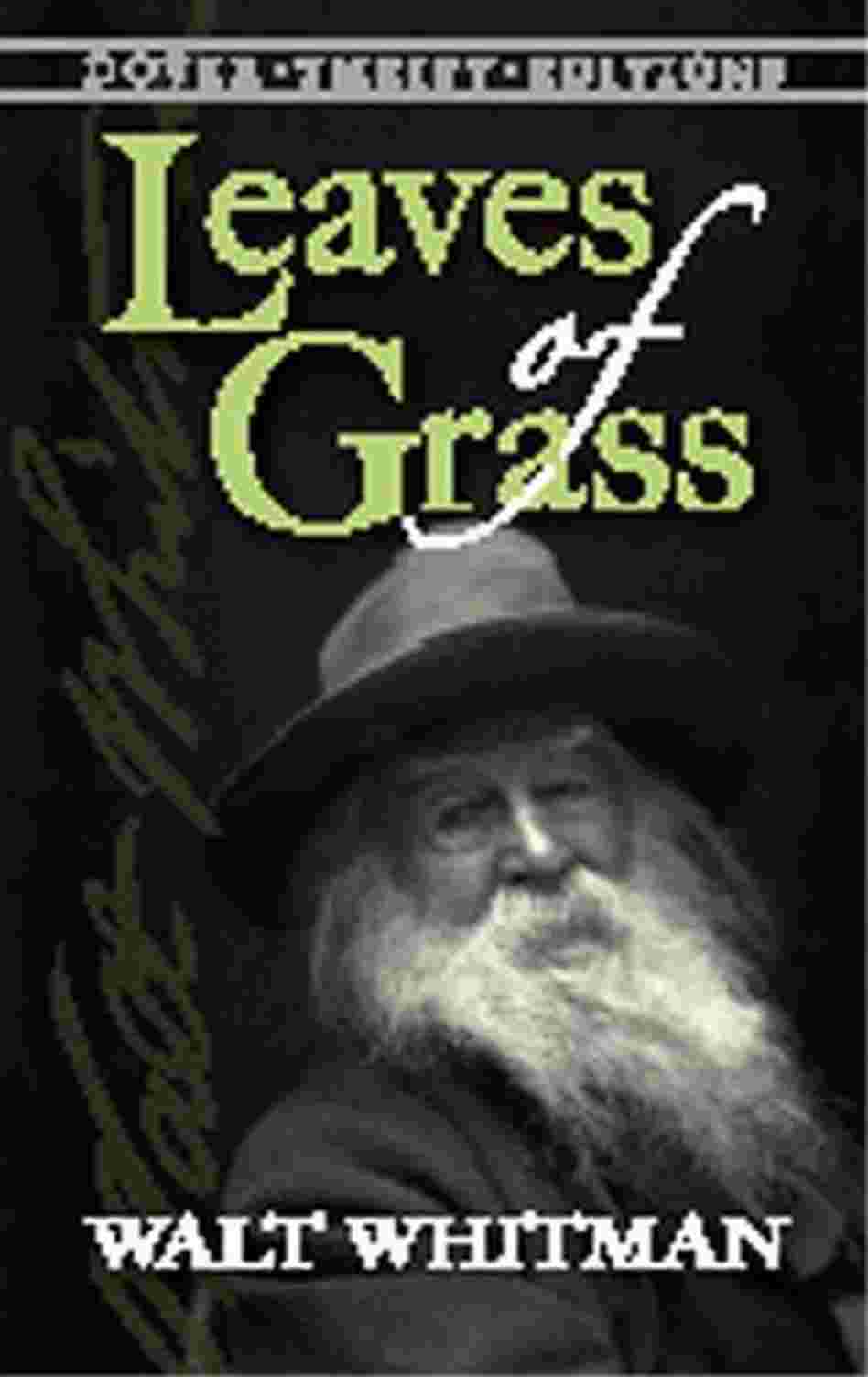

period reviews "We find upon our table (and shall put into the fire) a thin octavo volume, handsomely printed and bound. Also, the full 1855 introduction by Walt Whitman is included in this edition. This edition was gone over line by line to be sure the text is readable, and the line breaks closely represent Whitman's original intention. This 1855 edition is a favorite of many poets because of the fresh energy in the presentation and language. Later editions are important because of the poems Whitman wrote about the Civil War and Abraham Lincoln. History buffs will know that the 1855 edition was printed six years before Abraham Lincoln became president. Six more versions appeared during his lifetime, and after his death a "death-bed" version appeared.

Walt Whitman continued to work on this masterwork until his death. The author's name did not appear on the cover, although it does appear in the poem on page 31 in this edition. 795 copies were printed, although only 200 copies were bound with the green cover. Volume II includes the poems from 1860 through 1867, including the first appearance of “When Lilacs Last in the Door-Yard Bloom’d” and “O Captain! my Captain!” Volume III features the poems 1870–1891, plus the “Old Ages Annex” and an index to the three-volume set.ĭescription: This is a copy of the first self-published copy of Leaves of Grass, published on Jin Brooklyn, NY. Volume I contains introductory material, including a chronology of the poems and a summary of all the editions and annexes, along with the poems from 18. Each edition was unique, with its own character and emphasis, and the Textual Variorum enables scholars to follow the development of both the individual poems and the work as a whole. Leaves of Grass: A Textual Variorum of the Printed Poems includes all the variants that Whitman ever published, from the collection’s first appearance in 1855 through the posthumous “Old Age Echoes” annex printed in 1897. He added and deleted words, emended lines, divided poems, dropped and created titles, and shifted the order of poems. Description: Throughout his life, Walt Whitman continually revised and re-released Leaves of Grass.


 0 kommentar(er)
0 kommentar(er)
